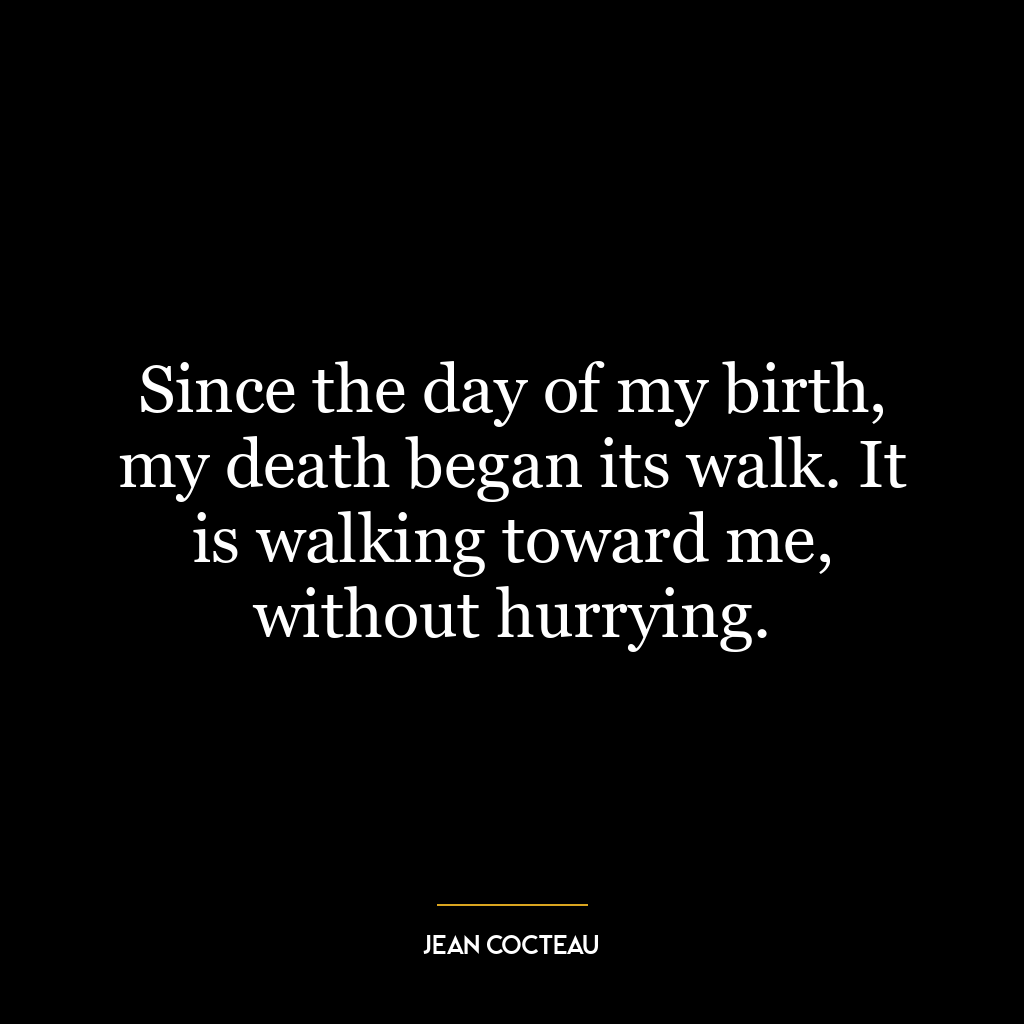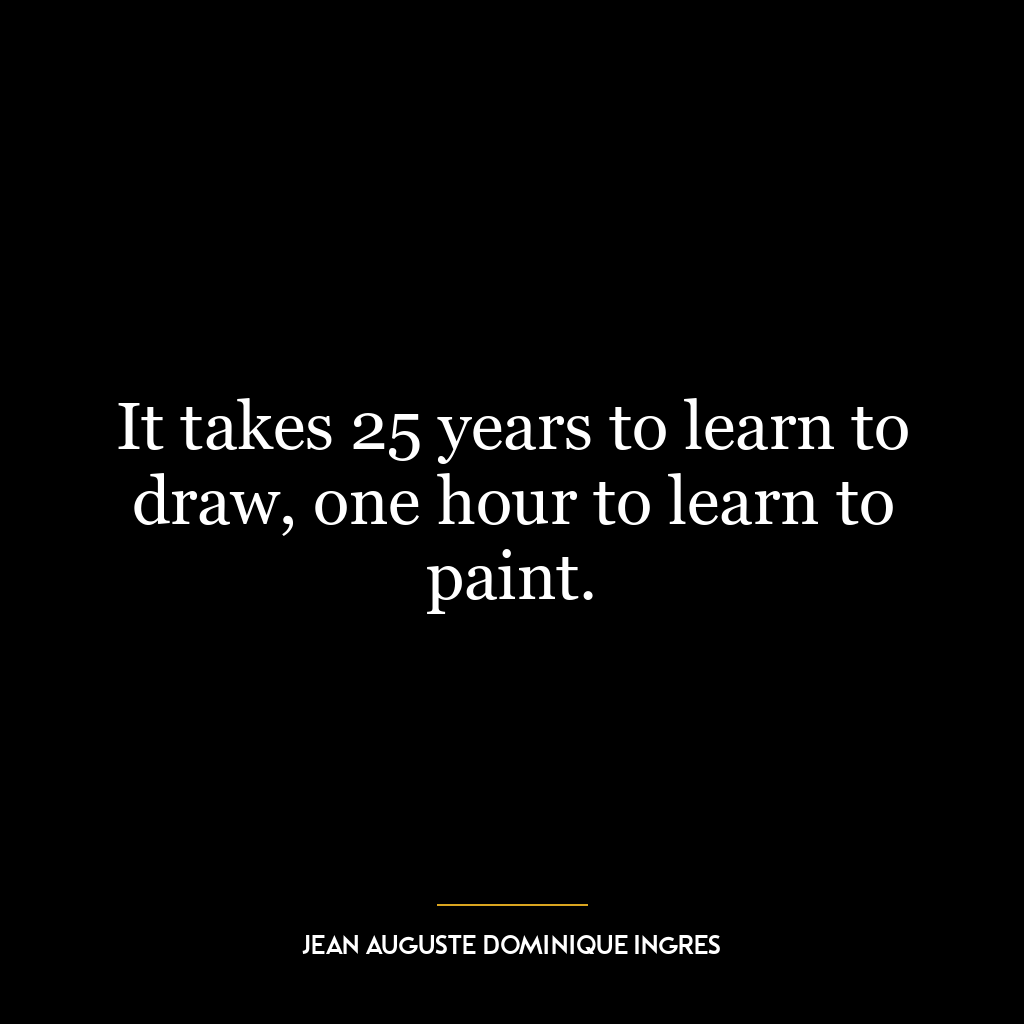This quote encapsulates the urgency and immediacy inherent in the study of Buddhism and, more broadly, in the pursuit of spiritual and personal growth. Buddhism emphasizes the impermanence of life and the certainty of death. The quote suggests that the knowledge of our mortality should motivate us to use our time wisely, in this case, to study Buddhism.
The quote can be interpreted on two levels. On one level, it’s a literal reminder of our mortality. We don’t have unlimited time to study Buddhism, or anything else for that matter, because our lives are finite. On another level, it’s a metaphorical comment on the human condition. We’re always running out of time, not just in terms of our lifespan, but also in our daily lives. We’re constantly caught up in the hustle and bustle, never feeling like we have enough time to do what we truly want or need to do.
In terms of application, this quote speaks to the importance of prioritizing our time and energy. It’s a call to focus on what’s truly important and to not get distracted by trivial matters. In today’s fast-paced world, where we’re constantly bombarded by information and demands on our time, this is a particularly relevant message.
For personal development, this quote can serve as a reminder to make the most of our time and to continually strive for growth and improvement. It’s a call to live in the present, to seize the day, and to not put off until tomorrow what can be done today. It’s also a reminder that learning and growth are lifelong processes. We should never feel like we’ve “arrived” or that we’ve learned all there is to learn. There’s always more to discover, more to understand, and more to achieve.












